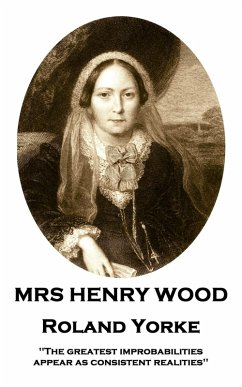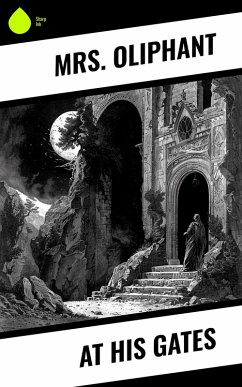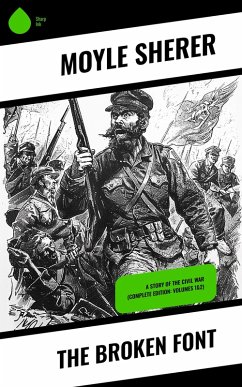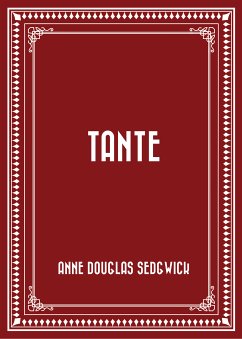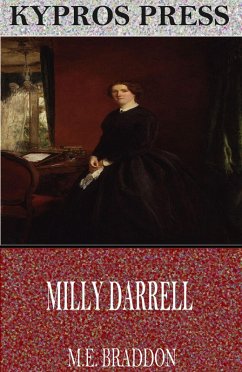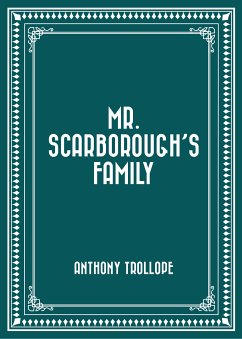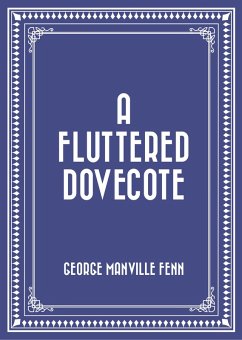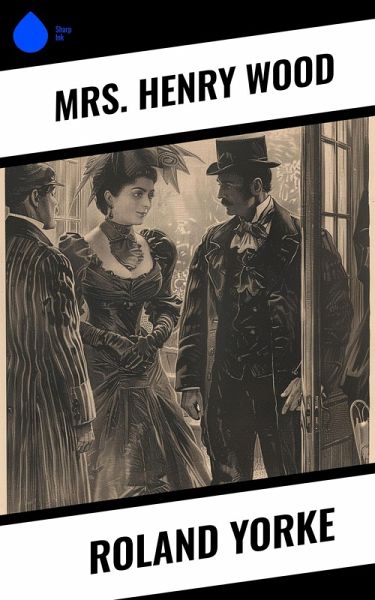
Roland Yorke (eBook, ePUB)

PAYBACK Punkte
0 °P sammeln!
In "Roland Yorke," Mrs. Henry Wood delivers a compelling narrative steeped in Victorian realism, skillfully intertwining themes of social class, moral integrity, and personal ambition. Set against the backdrop of early industrial England, the novel follows the titular character, Roland, as he navigates the complexities of his socio-economic environment, struggles with familial expectations, and seeks genuine connections amid societal superficiality. Wood's prose is characterized by its rich descriptions and psychological depth, allowing readers to engage with both the external and internal con...
In "Roland Yorke," Mrs. Henry Wood delivers a compelling narrative steeped in Victorian realism, skillfully intertwining themes of social class, moral integrity, and personal ambition. Set against the backdrop of early industrial England, the novel follows the titular character, Roland, as he navigates the complexities of his socio-economic environment, struggles with familial expectations, and seeks genuine connections amid societal superficiality. Wood's prose is characterized by its rich descriptions and psychological depth, allowing readers to engage with both the external and internal conflicts faced by the characters, highlighting the complex relationship between personal desires and societal norms. Mrs. Henry Wood, born as Ellen Price, was a prominent Victorian novelist whose own experiences of social fluidity and personal strife deeply informed her writing. Raised in a world that oscillated between privilege and adversity, her insights into the human condition are vividly depicted in her works. Wood's literary prowess was evident in her ability to emphasize moral dilemmas within rapidly changing social structures, drawing upon her understanding as both a keen observer of her era and a spirited participant in the literary conversations of her time. "Roland Yorke" is a must-read for those intrigued by the synthetic depths of Victorian literature. The novel's exploration of personal and societal conflicts resonates with contemporary readers, illuminating timeless issues of class, identity, and moral choice. It serves as a bridge between the past and present, making it essential for anyone looking to understand the intricate tapestry of human experience.
Dieser Download kann aus rechtlichen Gründen nur mit Rechnungsadresse in A, B, BG, CY, CZ, D, DK, EW, E, FIN, F, GR, HR, H, IRL, I, LT, L, LR, M, NL, PL, P, R, S, SLO, SK ausgeliefert werden.






